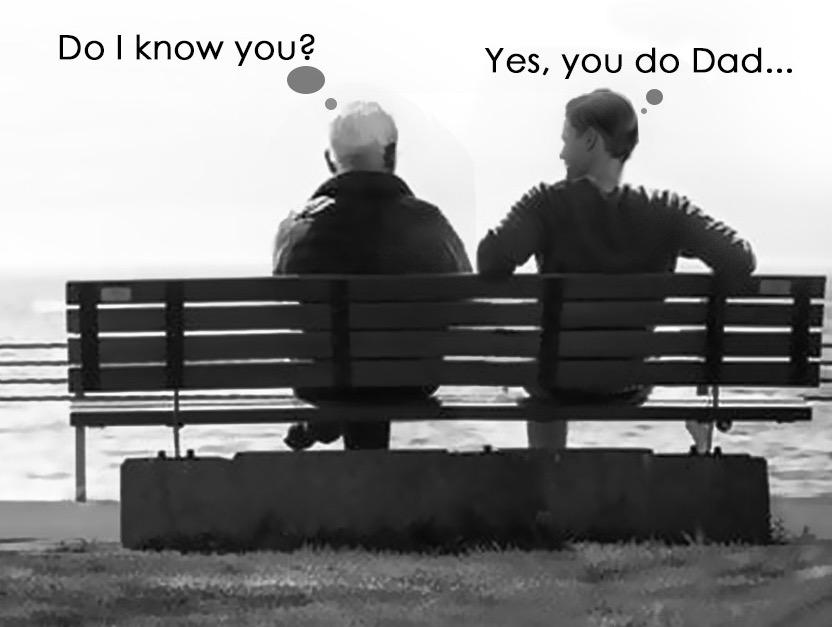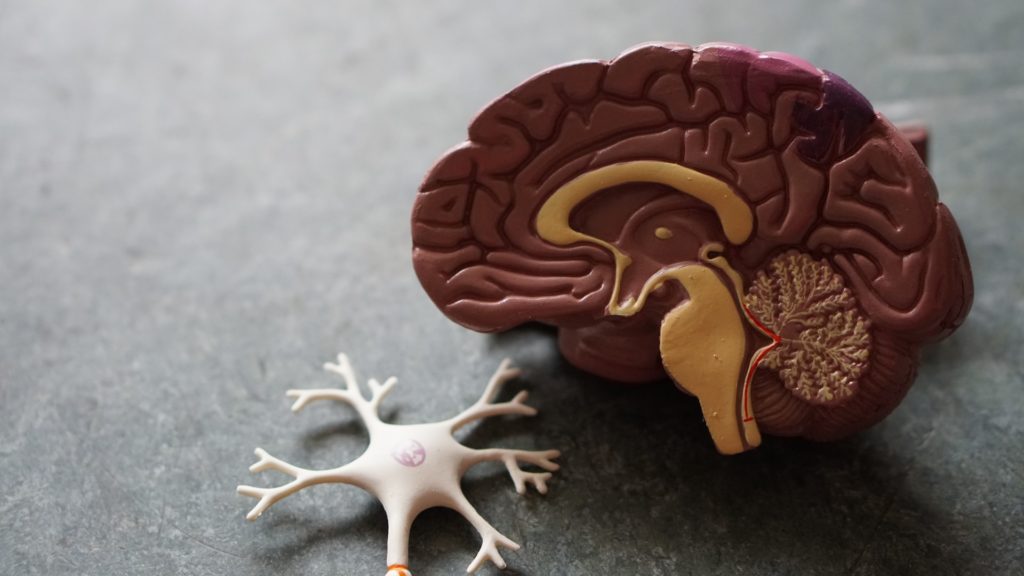Author: Subha Bangur
Psychologist & Movement Psychotherapist
Care Continuum, Kolkata
There are 36 million people living with dementia worldwide, most of them living at home with their spouse or other family member acting as their primary caregiver and who depend on health care support services to maintain their independence and functioning.
Although most people associate Dementia with forgetfulness alone, it is important to know that it is a irreversible condition caused due to a breakdown of transmission within the human brain, bringing about, among other things, changes in thinking, understanding, calculating, orientation to space and time, as well as behavioural and personality changes. In such circumstances, a supportive, loving and understanding environment is required for people with Dementia, which can best be provided with family caregivers or those specially oriented to their needs.

2020 has brought about a drastic change in the definition of dementia healthcare with the outbreak of COVID-19 and with many parts of the world going into lockdown to prevent community transmission. With the withdrawal of community services, the psychosocial health of people with dementia and their caregivers has been severely compromised, making it an urgent public health concern.
To tackle these challenges, dementia associations such as Alzheimer’s Disease International, have started venturing into E-health interventions, as an efficient alternative route to improve the management of patients at home, and mitigate caregiver burden at reduced costs and with the added comfort of accessing it from their homes. Many Alzheimer’s organizations all over the world have started hosting online webinars for the care givers providing them with the necessary training to understand early warning signs and tips to engage the patient at home and deal effectively with the behavioural problems.
Keeping in mind the increasing levels of caregiver burn-out, many virtual or telephonic support groups are being organised, where stories of caregiving are shared thus reducing feelings of isolation and reinforcing the feeling that ‘they aren’t alone.’ The care providers are also offering helplines all 7 days in a week to provide information and necessary tips about coronavirus prevention, handling social isolation, and caring for a loved one.
Virtual therapeutic programs are also being organised regularly for the dementia patients, such as, dance, art, music, exercise, cooking and gardening, on the organisation’s respective website or facebook page, videos are also uploaded on youtube so that it can be accessed by the members after the event as well. Dementia care organisations are also tying up with supermarkets and local groceries and pharmacies to facilitate regular supply of food, vitamins, face masks and also medications to community members living alone.
With consultation shifting online, the Alzheimer’s Foundation of America is offering free memory screenings through video conferencing, Alzheimer’s Disease International Kenya is providing whatsapp and zoom consultation and Alzheimer’s Society UK is conducting welfare calls by trained staff or volunteers to check on the person affected with dementia and offer necessary advice or referrals.
Reminiscence therapy is being facilitated through virtual city tours organised by the Alzheimer’s Foundation of America and with Alzheimer’s Disease International Taiwan actively screening old movies and songs for their members on social media. Alzheimer’s Disease International Africa to counteract the internet difficulties have based their module on helplines and radio services to ensure maximum reach to their members. Alzheimer’s Turkey, to encourage intergenerational involvement, introduced the concept of the ‘Digital Grandchild’ where high school students contacted people with dementia with whom they had been previously meeting in person, via video and telephone calls to maintain the bond they had created before the lockdown.
We at Care Continuum Kolkata have been trying to create greater awareness about the challenges the elderly face, especially when suffering from severe cognitive impairment. Since commencement, we have been supporting people with Dementia at their doorstep, through our team of carers including doctors, nurses, psychologists, companions, physiotherapists & movement psychotherapists. We have seen that in spite of the rapid penetration of technology in India, older adults are reluctant to trust or accept services through the online route. Hence, in our experience a hybrid model works best, when senior citizens are assisted by family caregivers or hired companions to support them in adapting to e-consults or services.
So, despite the outbreak of Covid, our home therapy sessions continue to be delivered at home with all precautions, although the frequency has been curtailed mostly, respecting the family’s concerns. People with Dementia need a human touch and a familiar person to feel comforted and we ensure that our staff can reach them at their homes regularly, with all precautions. Some sessions are being conducted online as part of this hybrid model. Elders are also prone to depression if left alone and keeping them engaged is primary to making them feel productive and meaningful.

Considering the mental health challenges that all of us are facing now, Care Continuum plans to shortly launch an e-tool for cognitive screening which will help many families identify early signs of mental impairment and thus be able to seek care for their seniors in a timely and effective manner.
Do get in touch with us at 7044074009 to know more about the assistance we may be able to offer to a loved one with Dementia.
References
Boots, L. M. M., de Vugt, M. E., Van Knippenberg, R. J. M., Kempen, G. I. J. M., & Verhey, F. R. J. (2014). A systematic review of Internet‐based supportive interventions for caregivers of patients with dementia. International journal of geriatric psychiatry, 29(4), 331-344.
Cuffaro, L., Di Lorenzo, F., Bonavita, S., Tedeschi, G., Leocani, L., & Lavorgna, L. (2020). Dementia care and COVID-19 pandemic: a necessary digital revolution. Neurological Sciences, 41(8), 1977-1979.
Canevelli, M., Bruno, G., & Cesari, M. (2020). Providing Simultaneous COVID-19–sensitive and Dementia-Sensitive Care as We Transition from Crisis Care to Ongoing Care. Journal of the American Medical Directors Association, 21(7), 968-969.
Mok, V. C., Pendlebury, S., Wong, A., Alladi, S., Au, L., Bath, P. M., … & Dominguez, J. (2020). Tackling challenges in care of Alzheimer’s disease and other dementias amid the COVID‐19 pandemic, now and in the future. Alzheimer’s & Dementia.
Goodman-Casanova, J. M., Dura-Perez, E., Guzman-Parra, J., Cuesta-Vargas, A., & Mayoral-Cleries, F. (2020). Telehealth home support during COVID-19 confinement for community-dwelling older adults with mild cognitive impairment or mild dementia: survey study. Journal of Medical Internet Research, 22(5), e19434.
https://www.alzheimers.org.uk/
